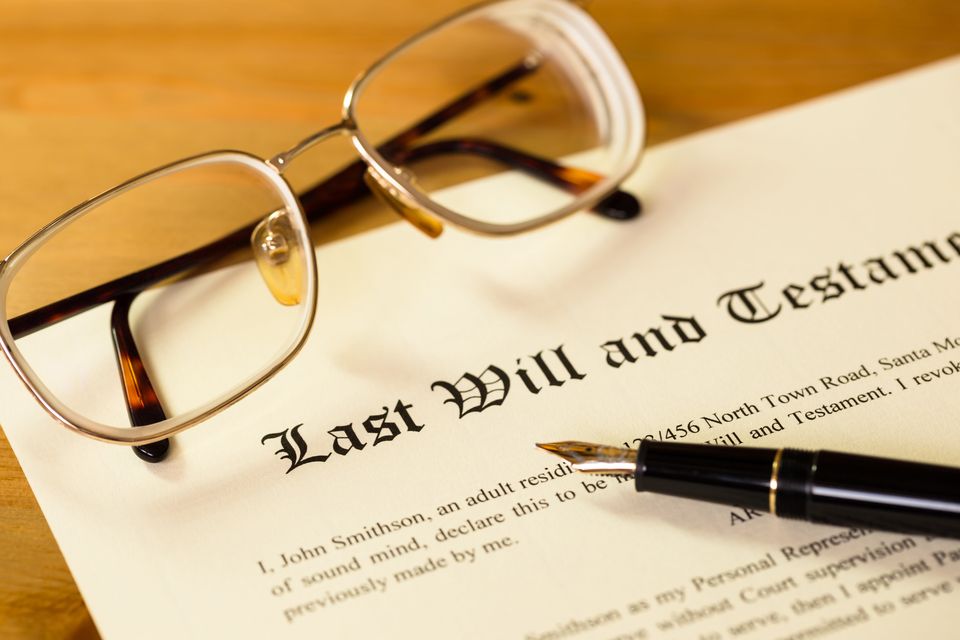‘My husband refuses to make a will – will I lose our home if he dies?’
Your Questions Answered
Photo: Stock image
Question: My husband and I are married 10 years and are in our late 50s. It’s a second marriage for both of us and he has one adult daughter from his previous marriage.
When we got together, I moved into his home. I’m unable to work at present due to ill-health and my husband’s health isn’t great, either. It’s been making me think about my financial future. I’ve been asking my husband to make a will so that I will have our bank account and our home to rely on if anything happens to him.
He refuses point blank to even discuss the subject. If he dies without a will, will I be able to access our assets?
Fidelma, Co Dublin
Answer: I’ll deal with the joint bank account first. You need to contact your bank and check that the account is registered with both of you as “joint tenants”.
This means you would have an equal right to the account’s assets and would be afforded survivorship rights when your husband dies, which means you would be able to easily access the account.
Today's News in 90 Seconds - Sunday, May 5
You may not be registered as a joint tenant if he had the bank account first and simply added your name to it for convenience.
It appears that the house is in your husband’s sole name. If he died without a will, the rules of intestacy would apply, and you would be entitled to two-thirds of the house, while your husband’s adult child would be entitled to one-third.
This would not be a good position to find yourself in and you’d be very vulnerable in this scenario. Your husband’s child could look for her share immediately and you would have to find the funds to buy her out.
Your husband urgently needs to make a will to deal with the house. But more than likely he’s anxious to ensure he’s being fair to both you and his daughter. He may prefer to leave you a lifetime interest in the property, with the house going to his daughter upon your death. It would be preferable for you to own the house outright, but all of this should be discussed.
You could make mutual wills so that on the death of the survivor, the house would pass to your husband’s child.
Ideally, the house should be transferred into joint names during your lifetimes. That way, if anything happened to your husband, the home would automatically pass to you as the surviving joint tenant and you would not need to go through probate. In addition, it’s much more difficult to legally challenge a lifetime transfer than a will.
Send your questions to g.monaghan@independent.ie
Join the Irish Independent WhatsApp channel
Stay up to date with all the latest news















